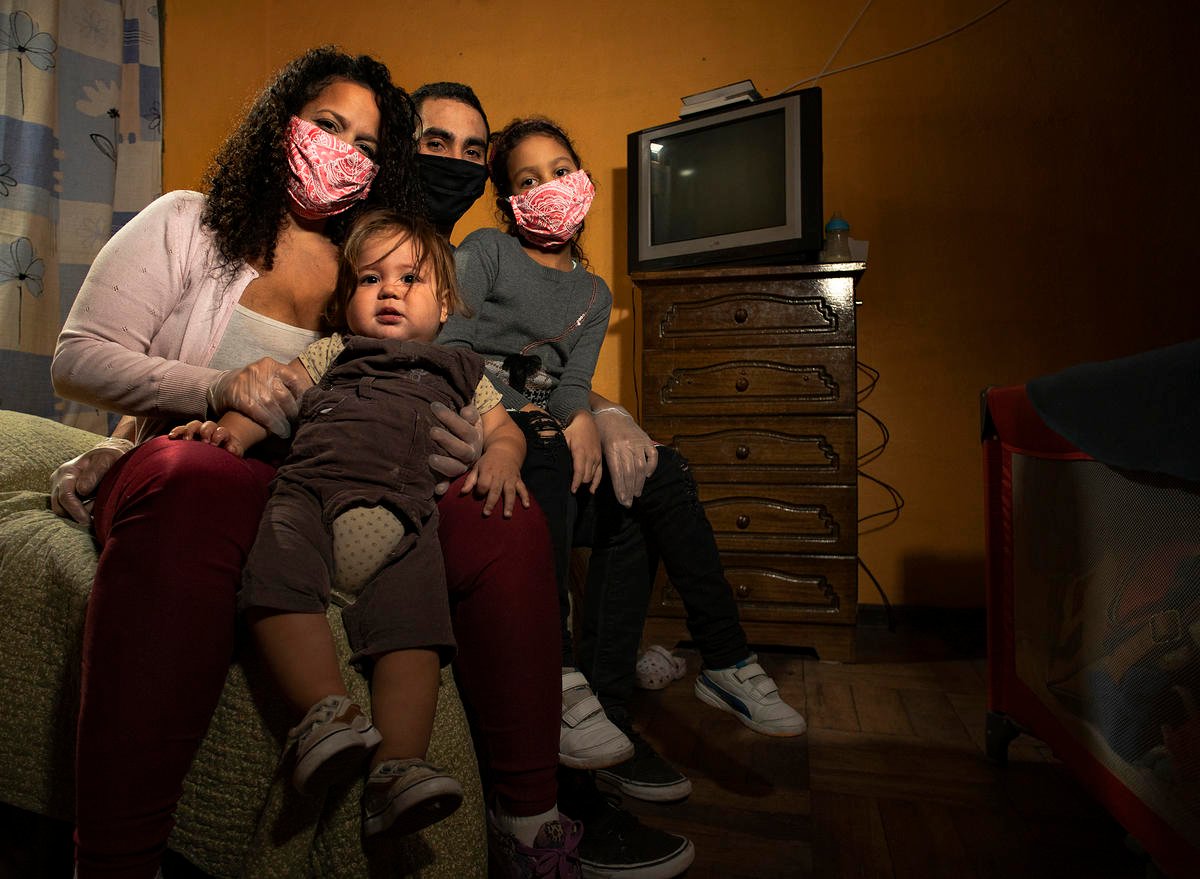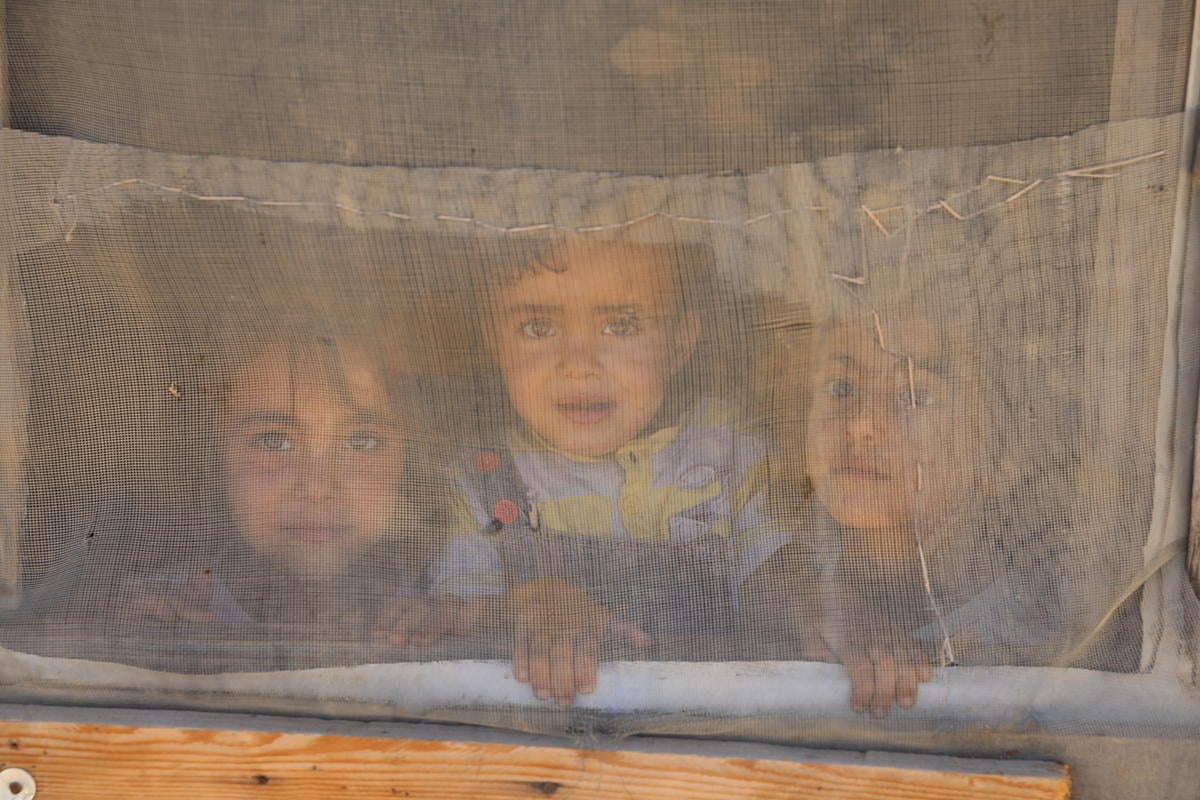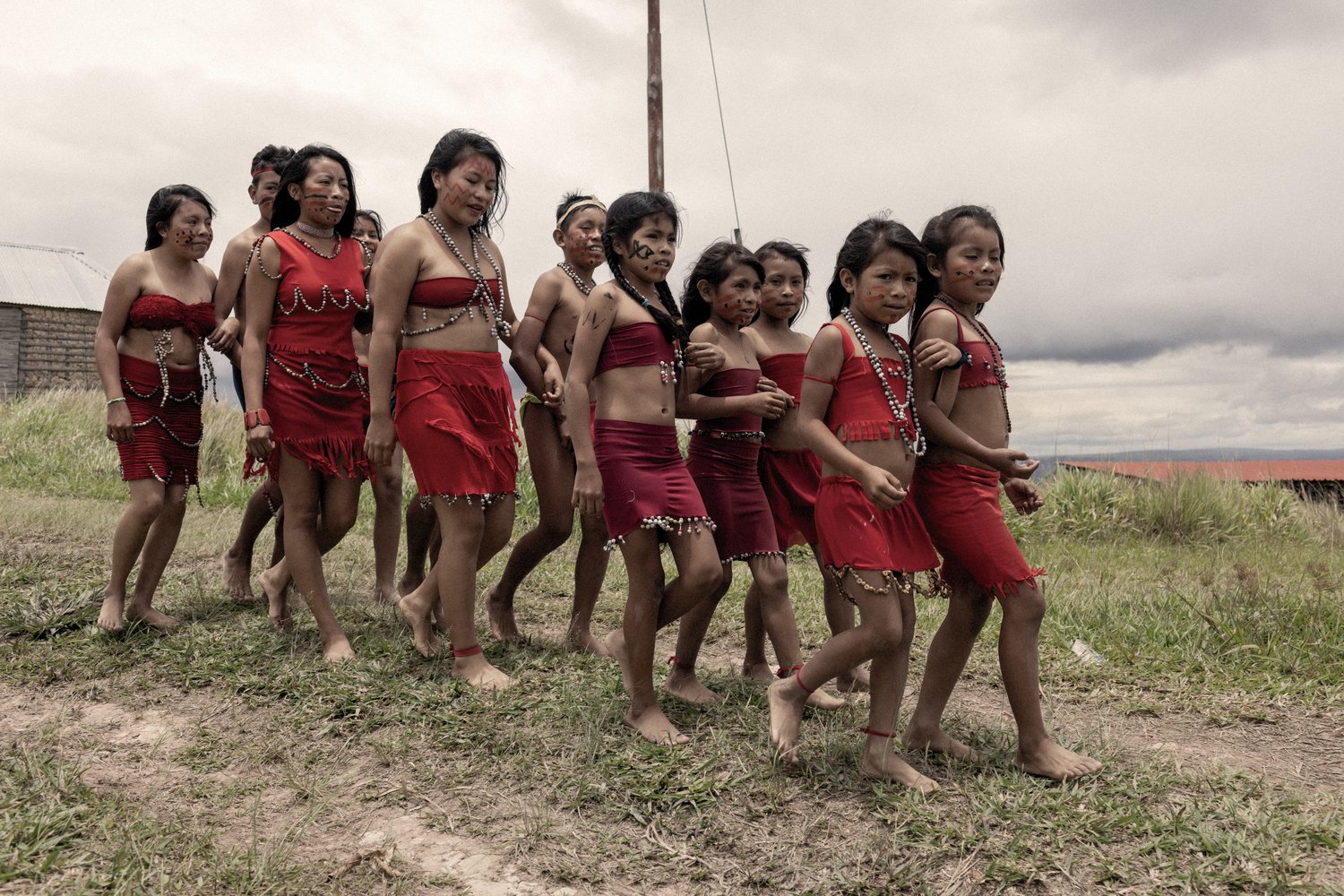US$1.44 billion needed to support refugees and migrants from Venezuela amid COVID-19
US$1.44 billion needed to support refugees and migrants from Venezuela amid COVID-19

GENEVA – Today, UNHCR, the UN Refugee Agency, and IOM, the International Organization for Migration, launch a US$1.44 billion regional plan to respond to the growing needs of refugees and migrants from Venezuela and the communities hosting them across 17 countries in Latin America and the Caribbean.
There are approximately 5.4 million refugees and migrants from Venezuela around the world, the vast majority hosted by countries in Latin America and the Caribbean. The onset of COVID-19 has dangerously strained national and local capacities across the region. Many refugees and migrants and their host communities now face a myriad of new challenges that worsen their already precarious conditions.
Lockdowns, loss of livelihoods and impoverishment are forcing many to become increasingly dependent on emergency humanitarian assistance for their health, shelter, food, protection and education needs. The impact of the pandemic is also resulting in a dramatic increase in gender-based violence and mental health needs, food insecurity, malnutrition and incidents of stigmatization.
Rising rates of evictions are also leaving many homeless and dependent on temporary accommodation provided by humanitarian organizations.
For refugees and migrants living in irregular situations, the struggle to access basic rights is even more acute.
The 2021 Refugee and Migrant Response Plan (RMRP) is being launched today to meet these evolving needs.
“Prolonged, but necessary lockdown measures and mobility restrictions have had a detrimental impact on refugees’ and migrants’ capacity to maintain livelihoods and access to basic goods and services. Many have lost their livelihoods and simultaneously are not systematically included in social safety nets that have been established for local populations,” said Eduardo Stein, Joint Special Representative of UNHCR and IOM for Venezuelan Refugees and Migrants.
Their dire situation has led some people to consider returning to Venezuela, often in unsafe conditions, raising additional protection and health concerns. At the same time, the number of Venezuelans continuing to leave their country has also increased in recent weeks as lockdown measures ease and conditions there continue to deteriorate.
As borders remain closed, these movements take place mainly through irregular border crossings, exposing refugees and migrants to danger and great risk of physical and sexual abuse, discrimination as well as exploitation and trafficking.
Despite the challenges, there have been encouraging examples across the region of host countries working to ensure the inclusion of refugees and migrants in national responses to the pandemic, on par with their citizens.
Refugees and migrants are also supporting responses, with some working on the frontlines as health workers or disseminating information within their communities.
“The response plan announced today requires the continuous and increased commitment of the international community and the private sector to respond to this crisis. Venezuelan refugees and migrants and their hosts require our collective support more than ever – both in terms of urgent life-saving, humanitarian assistance but also for development assistance to support local communities and long-term solutions,” added Stein.
The 2021 RMRP intends to further strengthen the national and regional responses of host governments by supporting health, shelter, food, water, sanitation and hygiene (WASH) interventions, as well as access to education, protection and integration where specific assistance and expertise is required, or where the governments’ own response capacities are overstretched.
The response plan brings together 158 organizations involved in the response, including United Nations agencies, international and national non-governmental organizations, civil society, faith-based organizations, and the Red Cross Movement.
To know more about the RMRP 2021, please visit: http://rmrp.r4v.info/Link is external
Join the launch event at 10.00 am Panama time at:
- https://app.eventovirtual.co/platformr4v/global-launch-ceremony---regio…Link is external (English) and
- https://app.eventovirtual.co/plataformar4v/ceremonia-de-lanzamiento-glo…Link is external (Spanish)
For more information, please contact
In Panama:
- William Spindler, UNHCR (spindler@unhcr.org) +507 6382 7815
- Olga Sarrado, UNHCR (sarrado@unhcr.org) +507 6640 0185
- Daniela Rovina, IOM (drovina@iom.int) +507 6312 8294
In Geneva:
- Shabia Mantoo, UNHCR (mantoo@unhcr.org) +41 79 337 7650
- Angela Wells, IOM (awells@iom.int) +41 79 403 5365








